FCI’s wheat & rice purchase slows on lower arrival, moisture, firm prices
The Food Corporation of India (FCI) has not been able to acquire wheat or paddy because of a decline in arrivals, an increase in moisture content, and stable pricing.
In the case of wheat, purchases slowed down significantly as arrivals, especially in northern states like Punjab, Haryana, and Uttar Pradesh, dropped noticeably compared to last year, even though the government started procurement earlier than planned on April 1 in Uttar Pradesh, Bihar, and Rajasthan. Wheat imports into all of India have decreased to 8.6 million tonnes (mt) from over 35% of the previous year. According to a senior official who spoke to Mint, this is because the crop has a greater moisture content, which delays harvesting.
As a consequence, the government has purchased 36% less wheat so far this year than it did a year ago.
According to the official, rising paddy prices have forced farmers to sell their goods to private merchants, which has resulted in less procurement of rice or paddy than in the previous season.
According to the FCI and Central food grains procurement portal, wheat procurement so far in the 2024–25 rabi marketing season has been 7.1 mt against 11.1 mt during the corresponding period last year. Paddy procurement during the 2023–24 kharif marketing season was 7% lower than the previous season at 68.5 mt.
Because of the chilly temperatures and overcast skies, crops in these states have a greater moisture content. In the field is the crop. In light of the current general elections, the official said, "It is not being harvested."
Wheat growers are being forced to believe that when the temperature rises, the grain will actually be more mature than it is at the moment due to the low temperatures and cloudy weather. provide at this time of year is excellent in terms of quantity, but it would be preferable if they harvested a little later—after a week or two, when the temperature rises—so that the wheat could mature and provide a nice crop. For this reason, the harvest is seven days later in the northern regions of India—Punjab, Haryana, western Uttar Pradesh, and the surrounding districts of Rajasthan. Punjab, Haryana, and western Uttar Pradesh would have a one to two week delay in harvesting.
"Paddy procurement is not more expensive. The official said that the primary cause of the shortage of rice (or paddy) is that market prices are often higher than the MSP (minimum support price).
Common non-basmati rice in major markets in Chhattisgarh, Kerala, Andhra Pradesh, Telangana, Bihar, and West Bengal is selling for ₹2,195-2,484 per quintal, compared to the MSP of ₹2,183 per quintal (for 2023–24 Kharif common type), according to Agmarketnet statistics from the agricultural ministry.
Lower purchases of wheat or paddy, according to the official, shouldn't pose any problems for the government in terms of keeping buffer inventories and stepping in to the market as necessary.
"We have high confidence in achieving our 30-31 mt objective for wheat procurement. The pricing were greater in the past. With new players entering the market, prices are already declining. Therefore, we will buy more.
All things considered, our rice procurement is around 7–8%, or 5 mt, less than last year, which is encouraging. It will be preferable if we get 10 mt this year. By now last year, we had 73.5 mt of paddy in KMS. As of April 3rd, this year, we had 68.2 metric tons of rice. This indicates a reduction of around 5.5 mt of paddy. But 68.2 mt of rice is equivalent to 45.8 mt, which is 5.8 mt more than we need each year. It's beneficial if 5.5 mt of paddy or 3.7 mt of rice are purchased less since storage is now an issue, the official said.
As of 1 April, the FCI's stock consisted of 10.3 mt of wheat and 31.2 mt of rice, compared to the stocking or buffer standard of 7.46 mt and 13.5 mt, respectively.
As of the time of publication, neither the food nor the public distribution department had responded to inquiries addressed to the FCI.
-logo.webp.png)
.jpg)
-logo.webp.png)


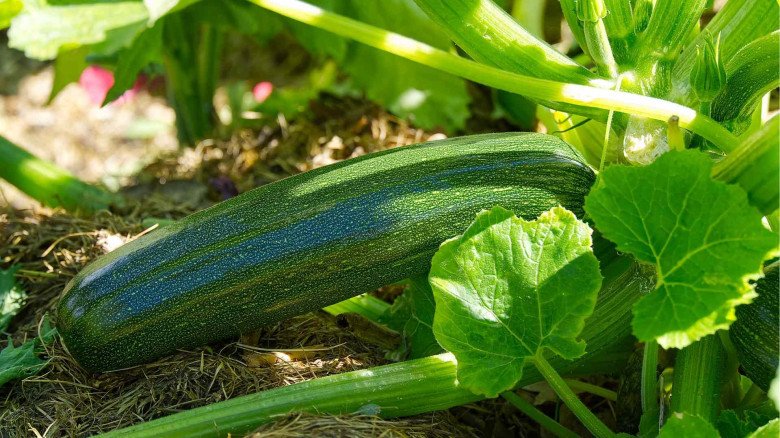





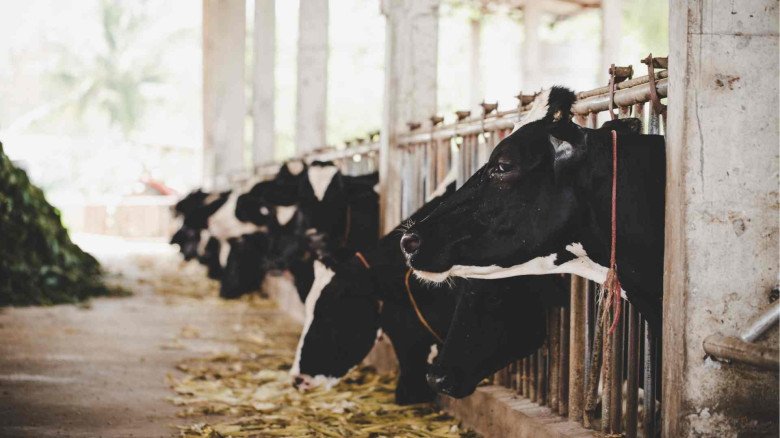
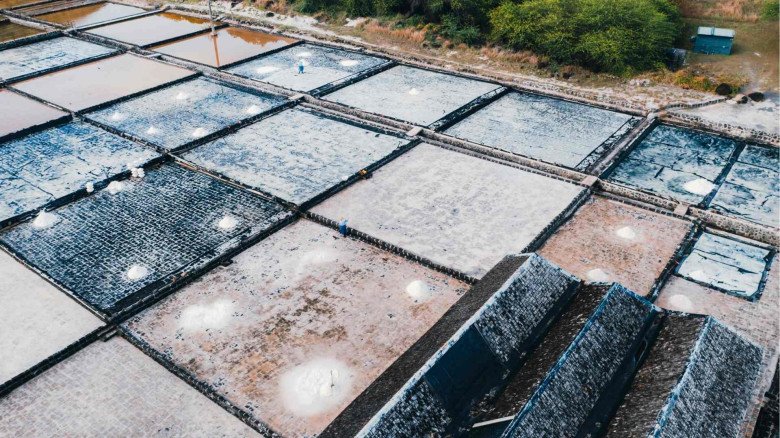
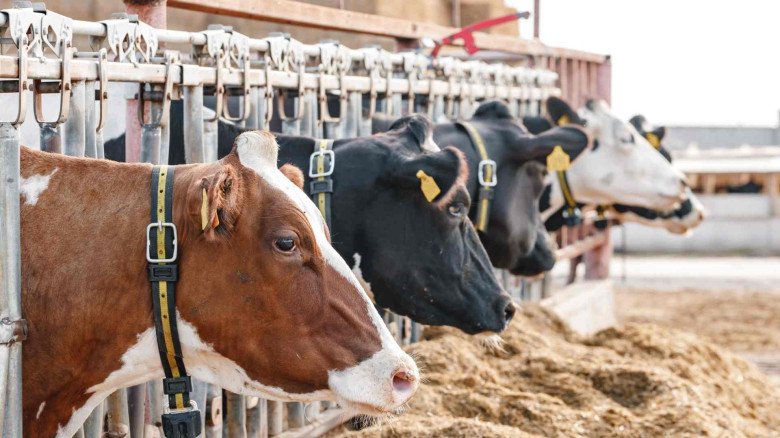
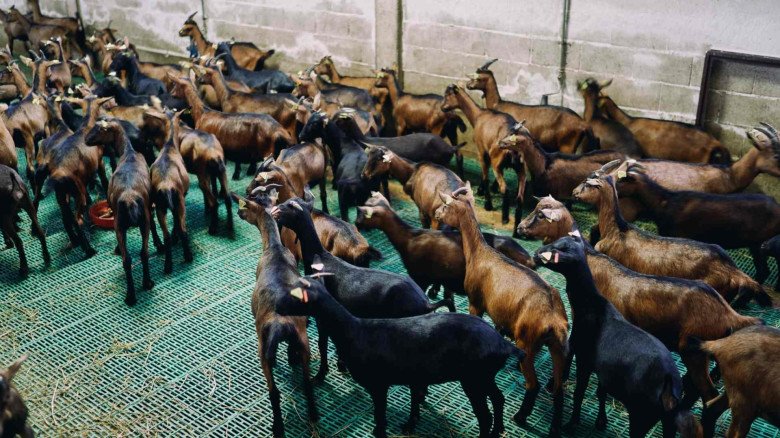






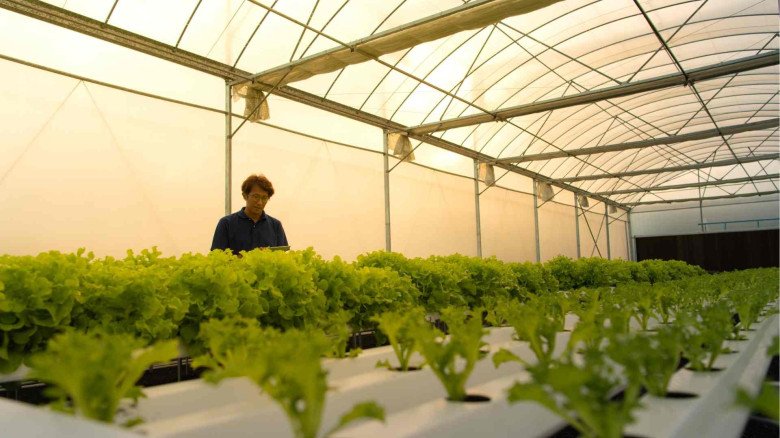

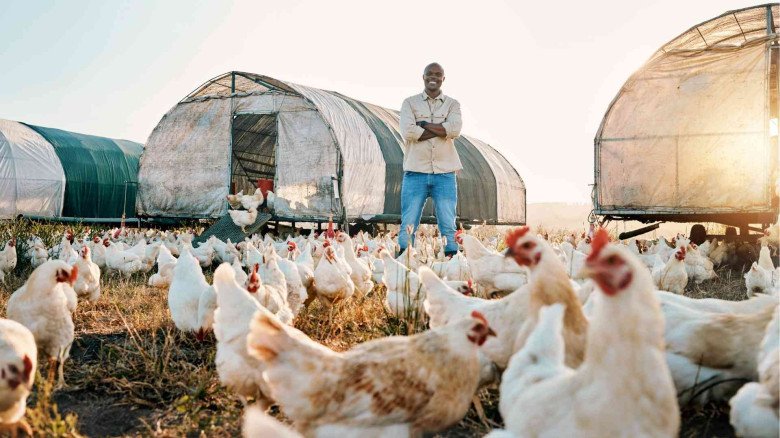

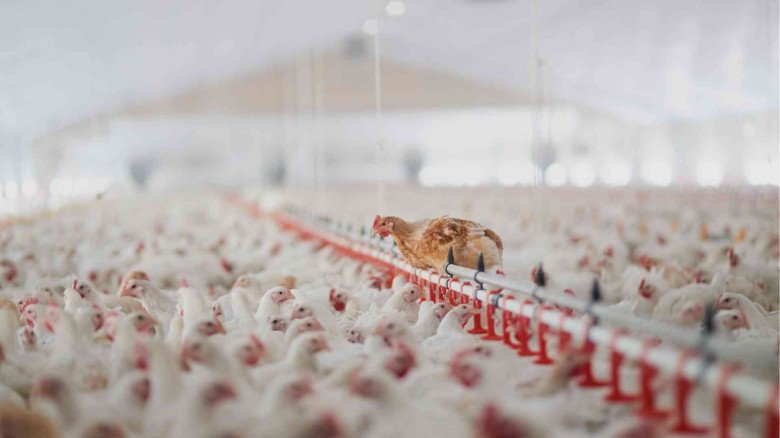



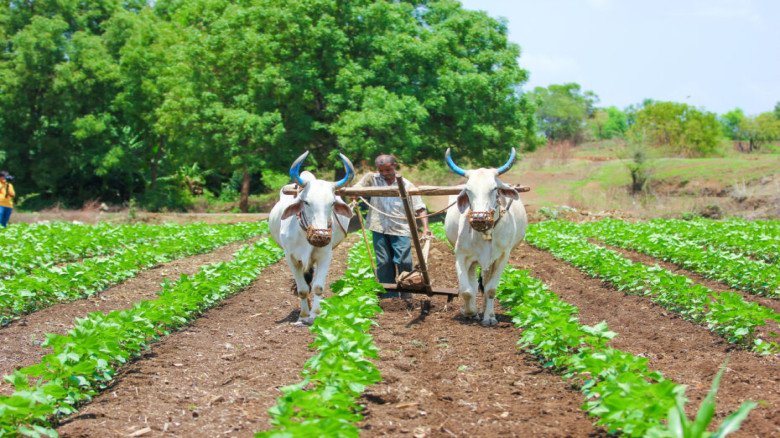


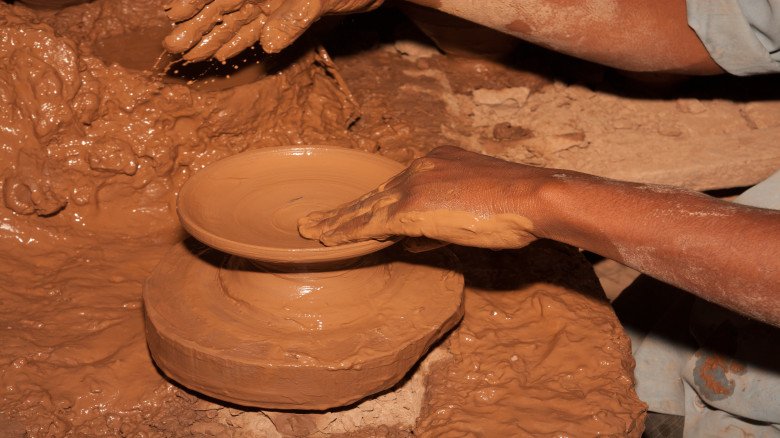
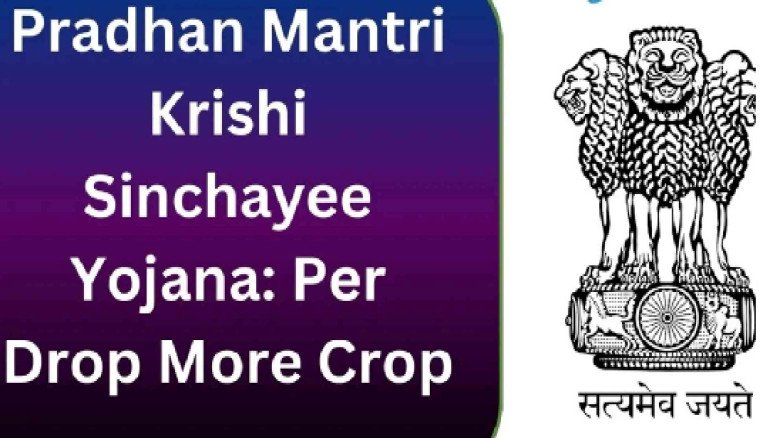
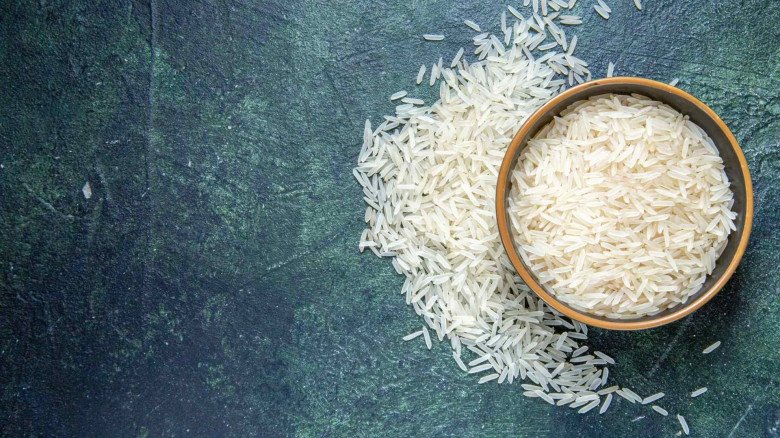

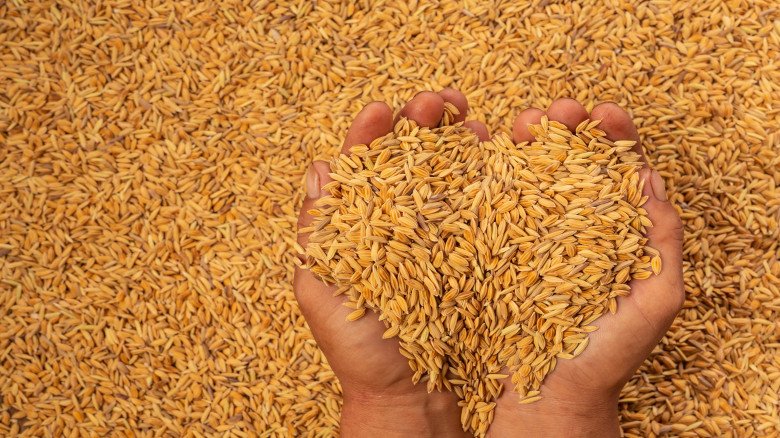
Leave A Comment